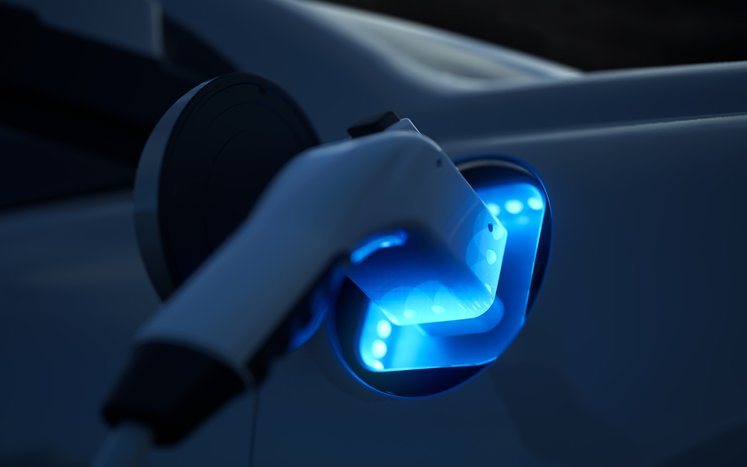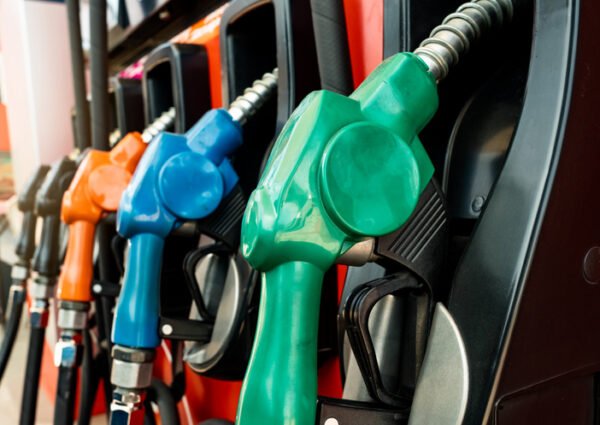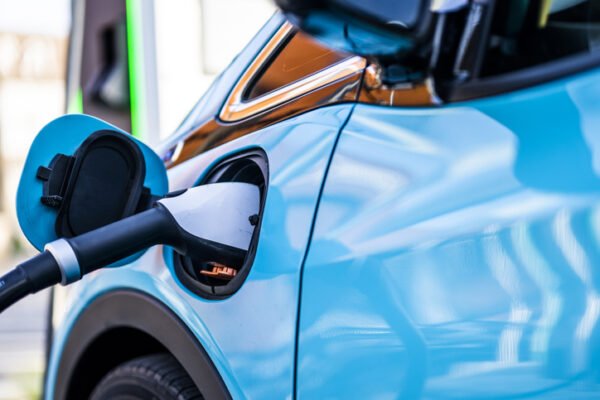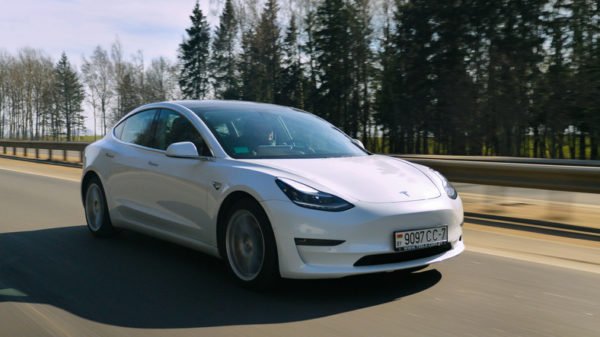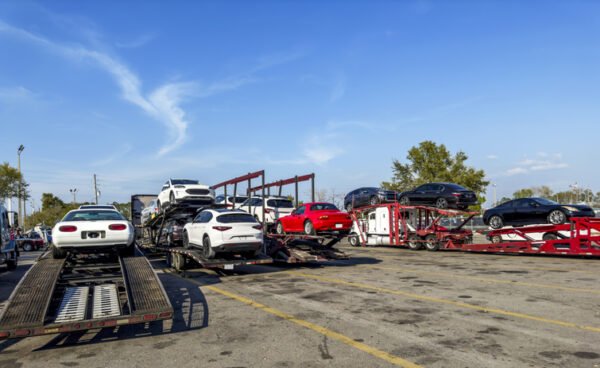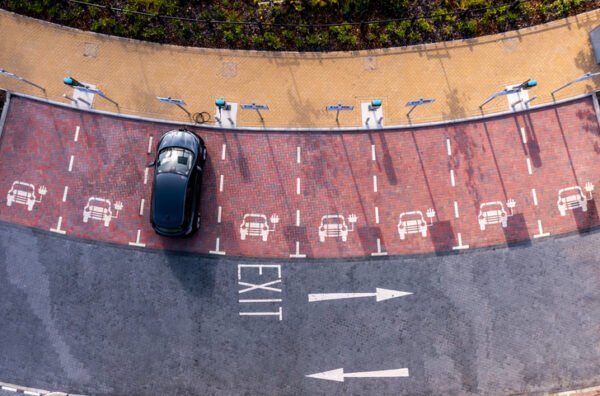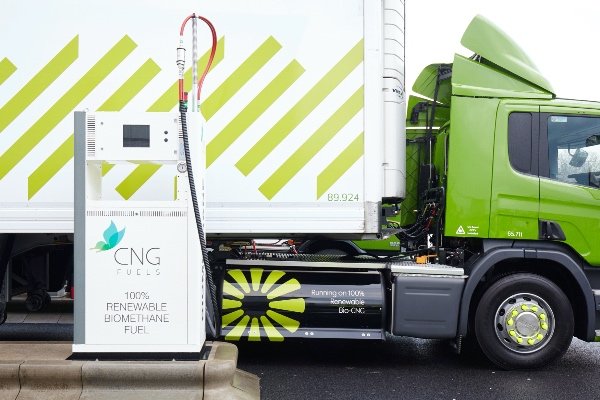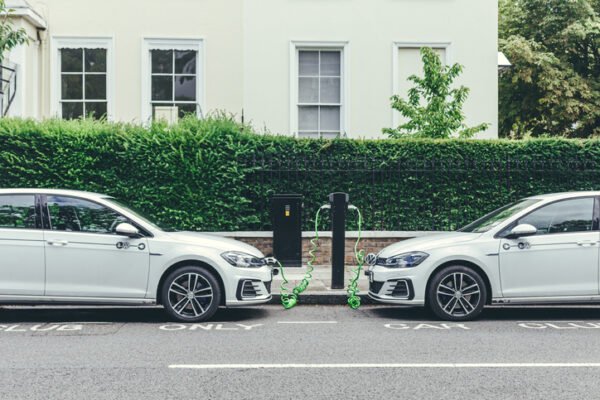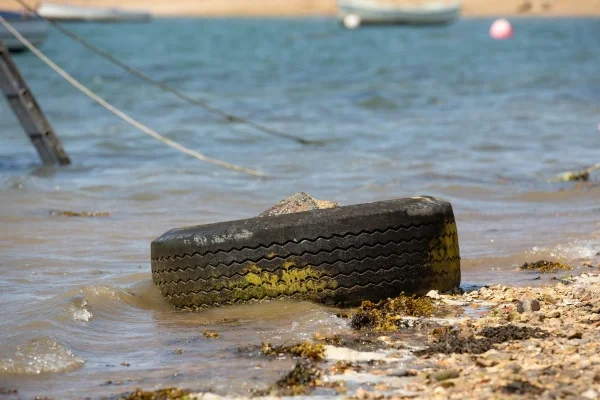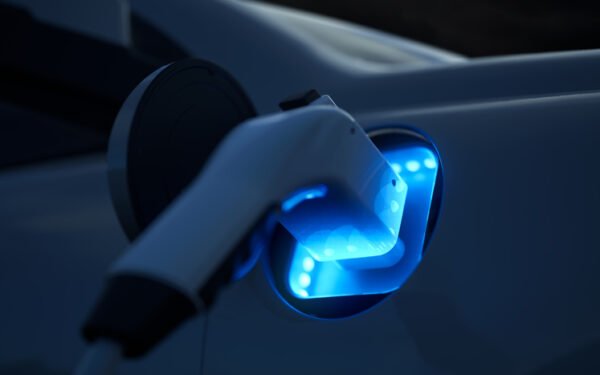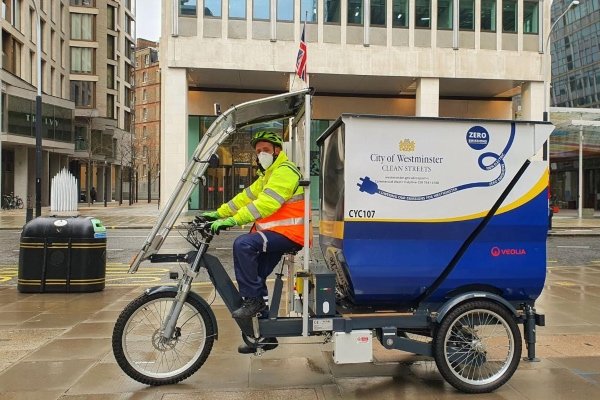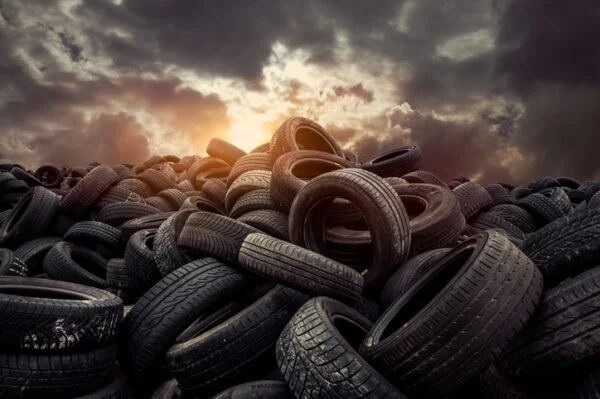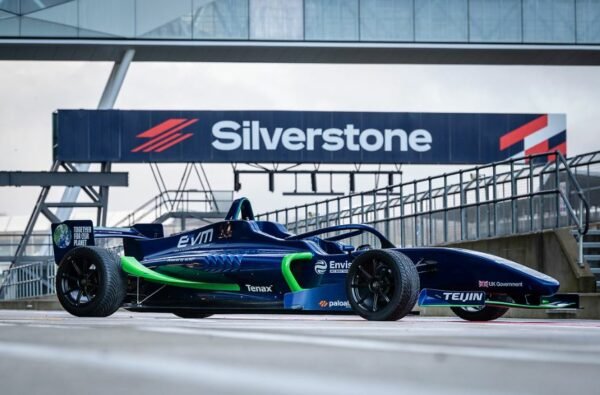This article first appeared in our World Environment Day Day 2023 issue of My Green Pod Magazine, published on 05 June 2023. Click here to subscribe to our digital edition and get each issue delivered straight to your inbox
It seems strange that an independent YouTube channel like the Fully Charged Show is better educated on hot topics like batteries and electric vehicles (EVs) than politicians and commentators, but that’s the reality.
In fairness, as time goes on technological advancements (in any number of sectors) are accelerating at a mind-melting rate, so how could a ‘generalist’ hope to understand what’s happening in the here and now, and what it means for the near future?
And that’s what politicians are: generalists. People who have to absorb reams of information, and are often parachuted into areas (seriously) outside their expertise.
It’s entirely possible that those key policy-makers are hopelessly out of date on matters like artificial intelligence and battery chemistries.
What’s more, there are more than a few who are so extensively entwined with vested interests from establishment organisations that it might not suit them to have their finger too firmly on the pulse of new technologies.
On the subject of generalists, journalists are little better – and often worse when it comes to misinformation.
I’ve been communicating the benefits of ‘cleaner’ technologies for more than two decades; when I see our specialist subjects (energy and transport) being discussed by politicians or commentators, my mouth is generally agape as I listen to a torrent of untruths.
I think it’s safe to assume these inaccuracies are not limited to the topics in which we specialise. A worrying thought.
Fear, uncertainty and doubt
The misinformation we have witnessed from the ‘mainstream media’ in 2023 seems to have plumbed the depths more profoundly than we can recall.
We speculate that the surging global demand for wind, solar, batteries, heat pumps and EVs of all shapes and sizes is really rattling a fossil fuel establishment that has had its own way for too long.
We’ve heard it all before, but the intensity of the FUD (fear, uncertainty and doubt) being pumped into public discourse right now is a reminder of the power of dirty tricks, outright lying, obfuscation of facts and arguably the most insidious of all: the billions spent on lobbying and influence.
We have enough experience to be able to counter all the arguments we hear, but it takes time – and that, of course, is the reason why it is such an effective tactic.
The biggest catalyst of change in energy and transport though is obvious: the lithium-ion battery.
The power of the battery
An almost accidental investment by Exxon in the early ‘70s, the lithium (titanium disulfide) battery breakthrough was gathering dust until Sony saw the potential of a similar chemistry for rechargeable lithium cells for camcorders in the early ‘90s.
This in turn led to a limited-edition EV from Nissan in 1998. Then followed GM’s infamous EV1, a model that relied on nickel-metal hydride batteries and in turn inspired Tesla’s Roadster, which reverted to lithium-ion.
The rest is history, yet the ‘chemistry’ of these batteries continues to evolve. In fact, many argue that we are still merely scratching the surface of the battery’s potential.
A quiet revolution
Much like the rapid reduction of cost and increase in computational power that revolutionised the microprocessor industry in Silicon Valley, variants of lithium-ion batteries have been undergoing a revolution of their own.
Four times more energy dense and 97% cheaper than that early Sony technology, rechargeable batteries have – much like wind and solar – ambushed the fossil fuel industry.
What’s more, progress continues at pace, and several firms are on the cusp of unlocking batteries that are twice as efficient again.
This is why we’ve seen battery electric vehicles leap from 80 miles of range to 250, and could easily witness a doubling by the end of this decade. Possibly sooner, much sooner.
The volumes of investment in energy storage are so high that we will likely witness multiple technological leaps in the next few years, and levels of efficiency that might make medium- to long-haul electric aviation a realistic prospect.
 Play Video about This Rock Might Just Save The World
Play Video about This Rock Might Just Save The World Play Video about Play 2 hours of rock
Play Video about Play 2 hours of rock Play Video about Play 2 hours of brook
Play Video about Play 2 hours of brook Play Video about Play 2 hours of sheep
Play Video about Play 2 hours of sheep

















